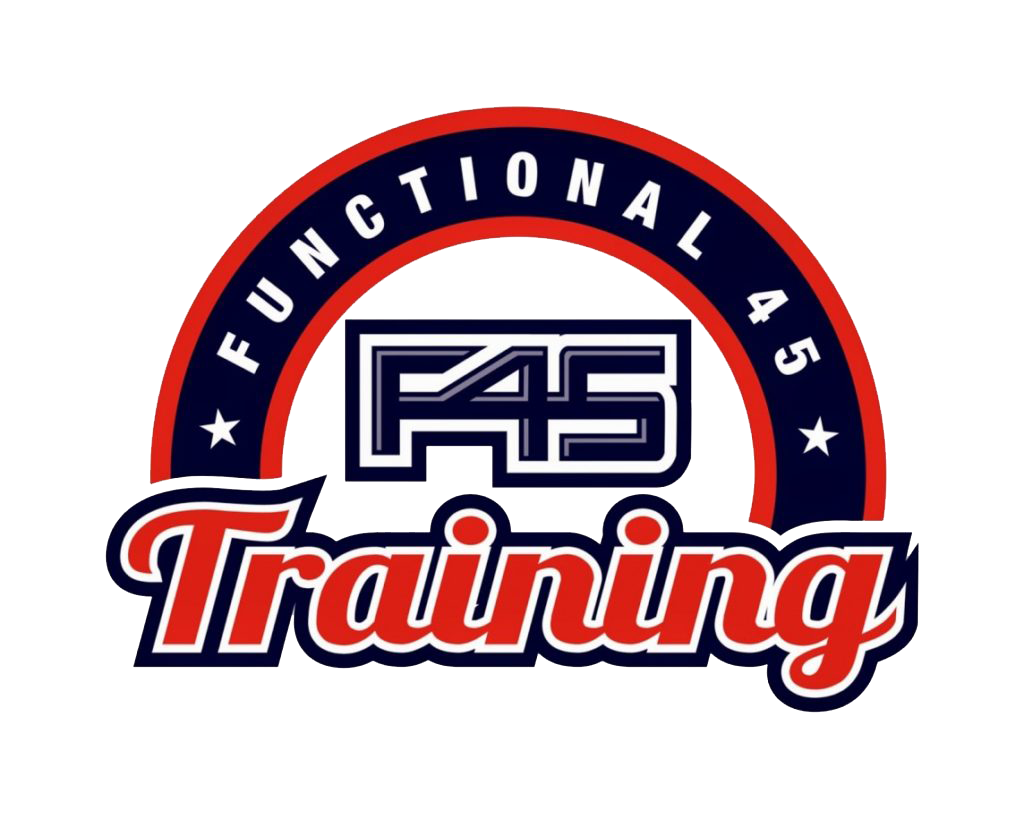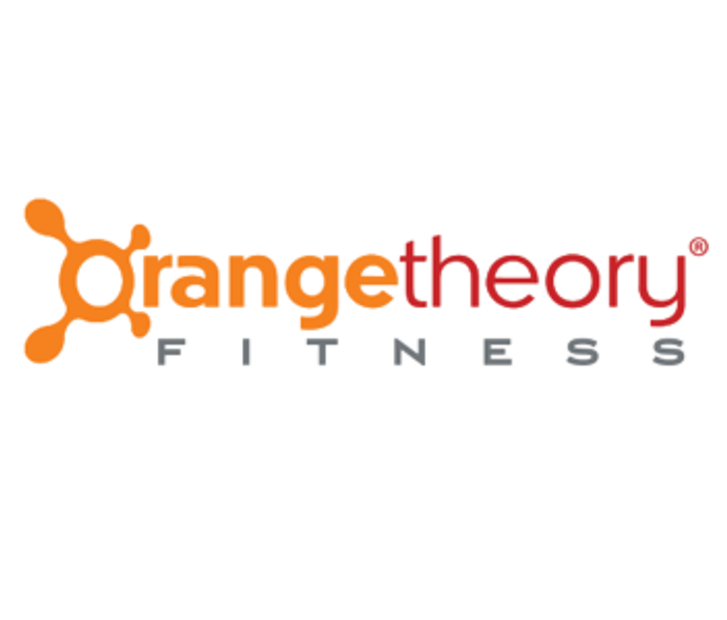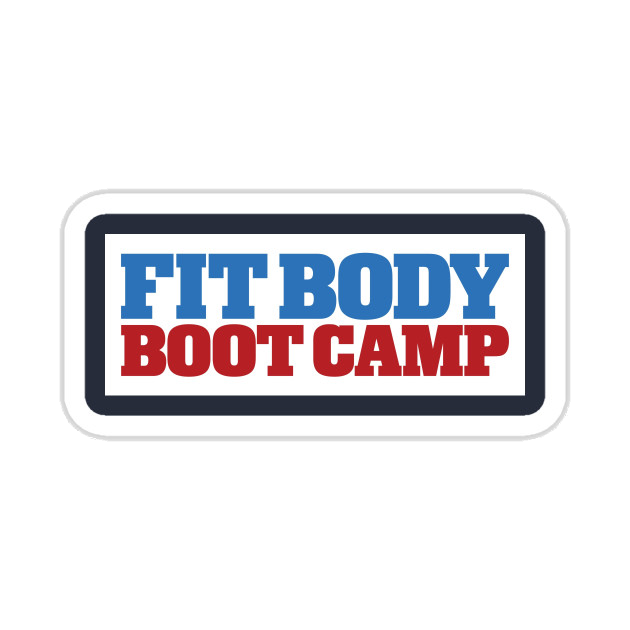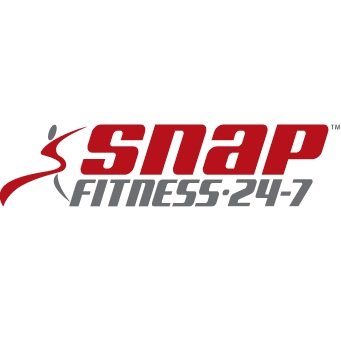Brand Experience








Our Top Tips For Closing A Gym Sale
13 October, 2022
Gym members will always come and go, so it’s vital to stay on top of prospecting and the sales process. The success depends on your ability to close a gym sale successfully.
Members are the heart and soul of any membership-based company, as is the case with this one.
Consumer decision-making processes are evolving. The sales cycle must be customised, your sales plan must be reviewed, and your sales personnel must receive frequent training.
When you sell a gym membership, your goal is to use your services to improve the lives of your potential gym members. You have the abilities you need to be successful in membership sales thanks to your enthusiasm, upbeat attitude, and organisational skills.
You can always close a gym sale successfully if you have a good plan in place. The steps you can take to close a gym sale are covered in this article, so let’s get started.
1. Keep It Real
Many people that show interest in your gym are probably hesitant when you try to talk to them when they first walk in. Typically, they would predict a pitch from a person who presumably only wanted their money.
Because of that idea, many gym owners find it challenging to be effective salespeople. To successfully convert these leads, you must provide them with the support they require.
Make sure that they are the only focus and not you. It’s time to let them know how fantastic your services are since you already know that. Have an open discussion about how your sessions will help them in accomplishing their individual objectives.
2. Know What To Ask
As a gym owner, you want to assist your members in achieving their fitness objectives. Therefore, it’s crucial to build a rapport with potential members during your initial communication, which could be a phone call, text message, or even an email.
Start the sales conversation by finding out where they’ve previously worked out. For beginners, go through and teach the bare essentials. For seasoned users who are familiar with how a spin class or smartphone app functions, become more technical.
Ask them if they have an injury that you should be aware of before you begin your workout. Knowing about their particular ailments or other physical requirements will help you convince them of your studio’s fantastic customer service.
3. Rely On That Personal Touch
Nobody loves a sales-focused chat with someone who feels too aggressive. Every customer should be treated differently while working to close a sale. Prospects’ wants and needs can vary, so it’s necessary to effectively tailor the sales process. Find out each prospect’s problem spots, ask insightful questions, and show interest.
Be sincere and true, and build connections with potential customers. Relationships are important in sales. Building connection with leads is more important when selling gym memberships than simply reading from a script. Prospects will still listen to you if you have a good relationship, even if your facility isn’t as high-end or doesn’t provide as many classes as a rival.
4. Address Pain Points
Pain points are issues that customers have when they are still looking for a good or service to solve them. You can present your services as the answer by focusing on these unmet demands. Additionally, it will demonstrate to the potential customer that your interests go beyond simply closing a deal and include their requirements, ambitions, and background. The number one thing a sales representative can do to improve a customer’s experience, according to purchasers, is to pay attention to their needs.
Asking a prospect about their pain spots is the quickest method to learn about them. Inquire as to the reason for their visit, as well as why they may want to join a gym.
You might discover that their main worries are more related to costs, equipment accessibility, class styles, or difficulty achieving their exercise objectives. Utilise this knowledge to customise your sales pitch as the answer they have been looking for.
5. Think Solution, Not Product
You’re promoting a solution rather than a good or service. Instead of selling a membership, you’re selling the emotion your prospects will experience when they finally surpass their personal best or reach their weight loss target. In turn, it can help to generate interest by making an emotional connection and promoting your specific solution.
You can analyse the details you need to offer a solution to their problem by conducting in-depth research and developing excellent open-ended questions. Naturally, your gym has to be involved in the solution.
6. Skip The Hard Sale – Tell Stories Instead
Telling stories is one method to explain how your solution might benefit your prospects. Give examples of how you have improved the lives of other members rather than the standard sales presentation.
Describe their experience before they joined your gym and the nature of their issue. Study the difficulties they encountered and how they relate to your prospect. Talk about the successes and results your members have experienced since joining your gym.
7. Make The Final Move
When you’ve completed the entire sales process, strive to close out your conversation by deciding on the next steps. They can schedule the day, start the onboarding process, or take a facility tour.
Plan your new member’s next actions while delivering great customer service. The after-sales experience should continue to ensure that your new members feel valued and appreciated even after the sales process is through.
On rare occasions, a customer will enter your store knowing exactly what they want. But most of the time, you have to work hard to create a solution that will address their issues.
You may place yourself in the best position to close a gym sale successfully by evaluating your leads and posing smart questions.
Before overcoming objections and requesting the sale, instil a sense of urgency and personalise the selling process. You may perfect your sales strategy and close deals successfully every time with regular sales training and practise.




